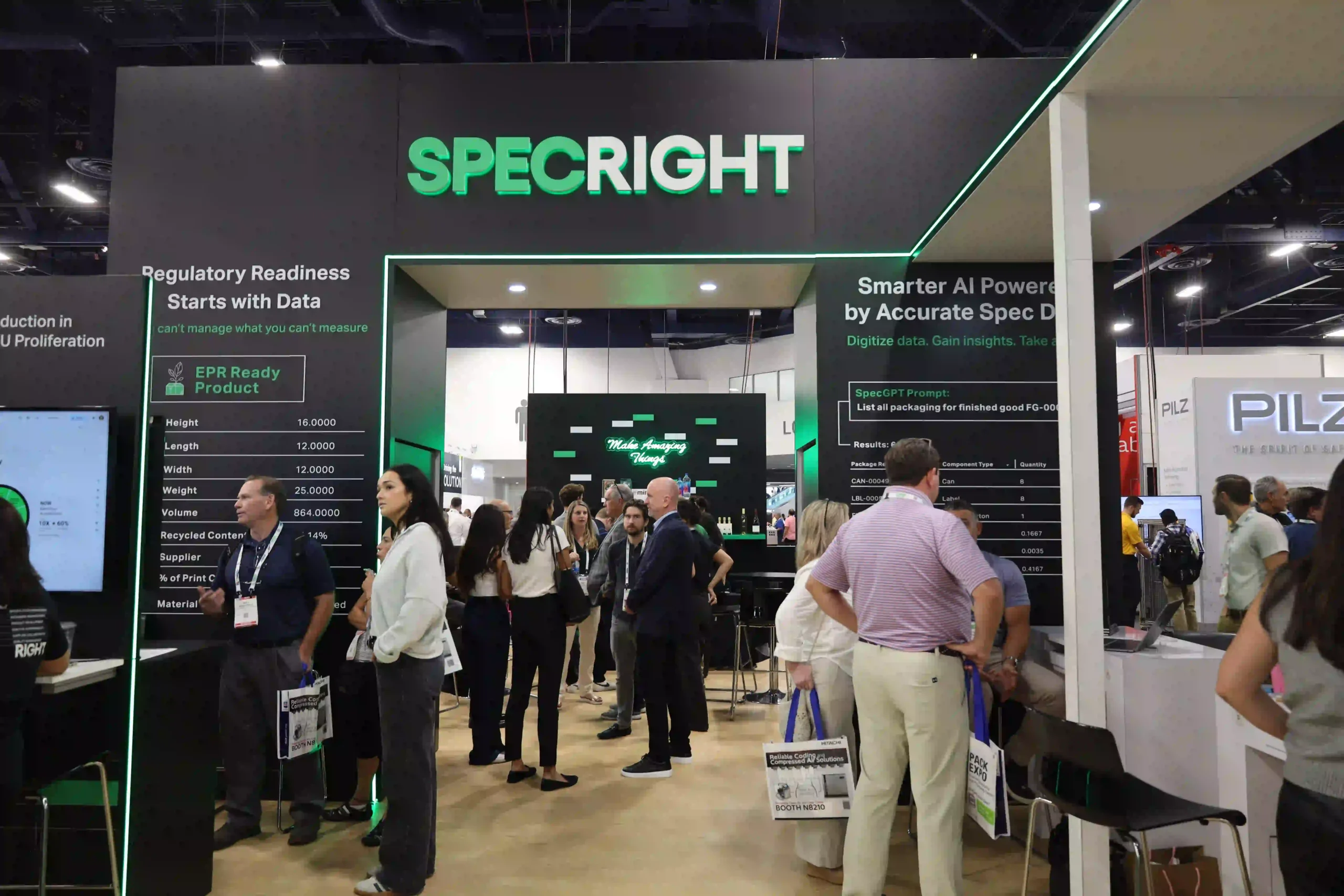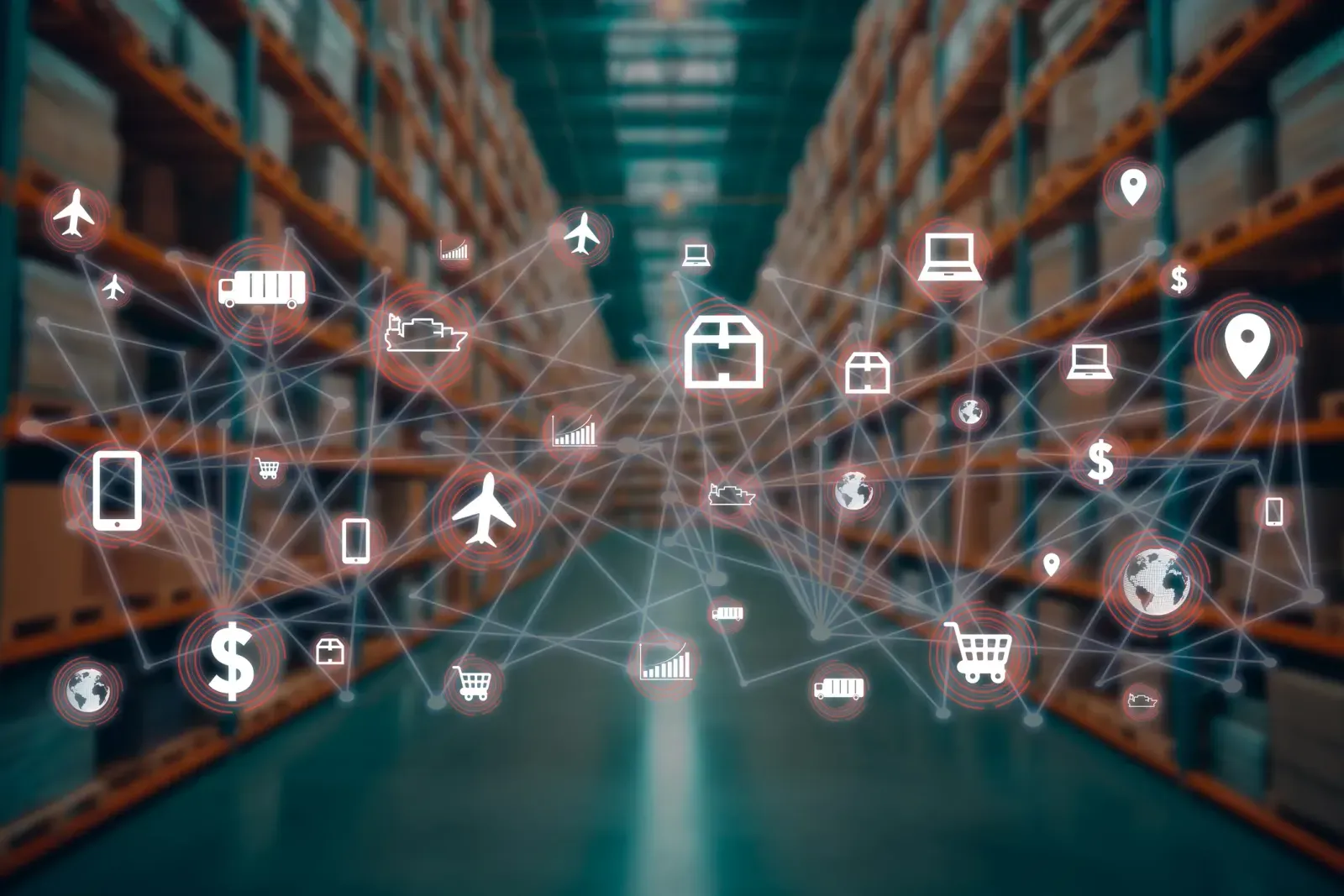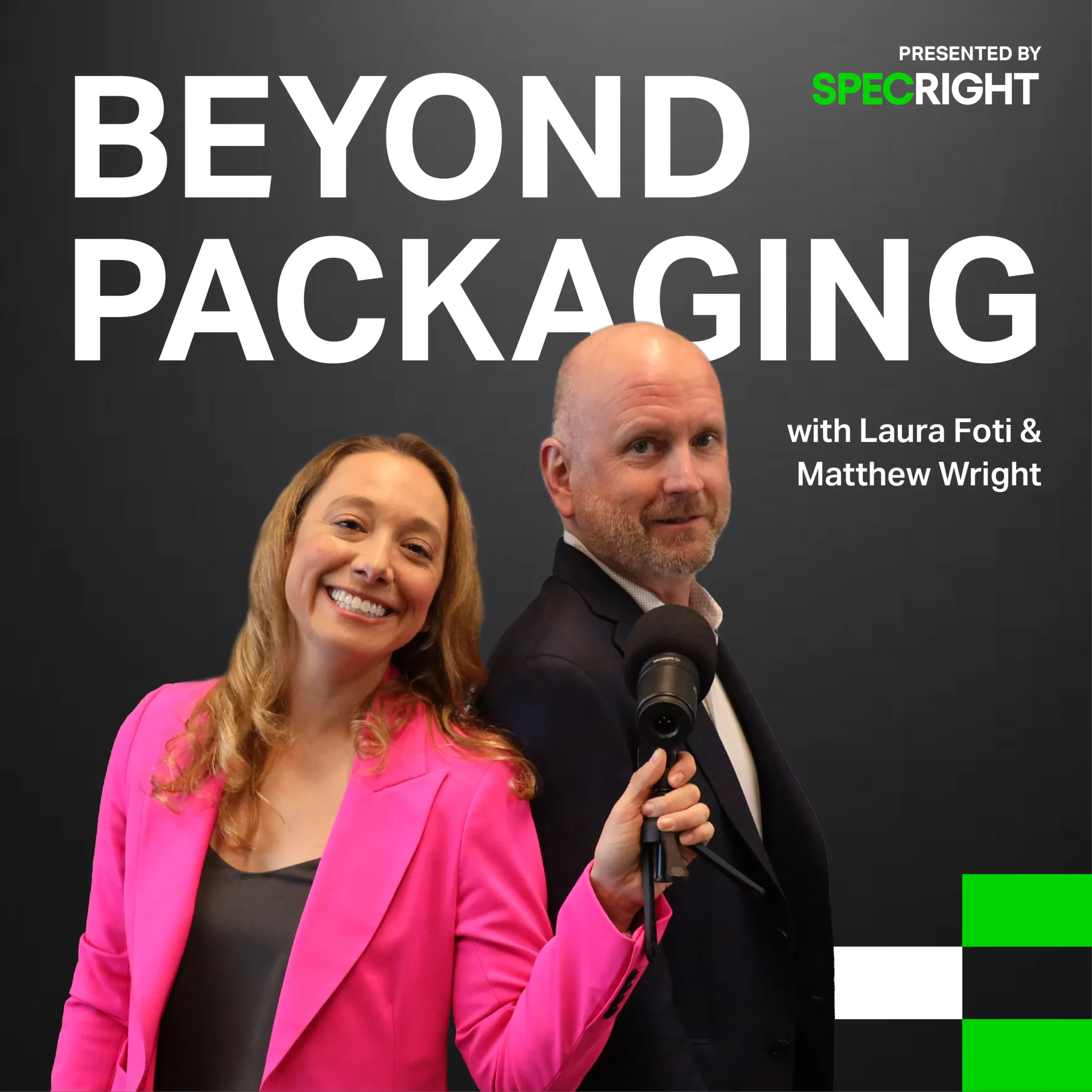In the pursuit to further develop Europe’s economic recovery package and economy policies, the “plastic levy” law has been set tied to the amount of non-recycled plastic packaging waste produced by individual Member States – the implementation of individual contributions looks different for every country.
In response to this policy, Spain published the Special Tax on Non-Reusable Plastic Packaging (Law 7/2022), which went into effect on January 1, 2023. The main goal of the new tax was to create a better waste management solution that limits contaminated soils and certain plastic products all while promoting a circular economy.
With effects throughout the entire Spanish territory, manufacturers, importers, and transporters of any single-use plastic containers and/or packaging are going to have to reevaluate their material usage to meet the law.
The Need for Action on Non-Reusable Plastic Packaging
Addressing this need to reduce the use of plastic packaging is not just occurring in Spain, Italy, and the United Kingdom are also leading the European Union on the green tax front.
Severe environmental and societal impacts of non-reusable plastic packaging have pushed countries all around the world to reconsider their use of plastic. Acknowledgment of the harmful effects on the ecosystem and wildlife caused by single-use plastic items such as bags and bottles has been a huge wake-up call for all stakeholders.
The buildup of microplastics created from plastic degradation can no longer be ignored, especially as its impending presence further enters food chains and threatens human health.
With the rise of laws such as the Spain Packaging Tax, steps are being taken in the right direction to address the pressing issues at hand.
What is the Spain Plastic Packaging Tax?
For any plastic used to contain, protect, handle, distribute, or display any product, the tax will apply. This is why it is so important for companies to be familiar with the role and levels of plastic being used in their products.
The plastic tax for individual companies and products is determined by the exact amount of non-recycled plastic used in non-reusable plastic packaging, although it does not affect the amount of plastic used in the actual product.
Packaging that falls into the scope of taxable products includes non-reusable plastic containers, semi-finished plastic products, and primary, secondary, or tertiary packaging of products that are fully or partially made of plastic.
Goals and Objectives
All this considered the overarching goal of this indirect tax is to reduce the negative environmental effects of plastic packaging, forcing companies to reflect the cost of producing plastic packaging in the final price of products – a negative side effect for both producers and consumers.
Because of the apparent consequences of non-reusable packaging the Spanish tax authorities hope to reduce plastic waste, contaminated soils, and effects on climate change, all while establishing more definite principles of a circular economy.
Understanding the Spain Packaging Tax Mechanism
In its simplest form the tax rates are as follows – for every 1 kilo of non-recycled plastic companies will be taxed 45-euro cents. Taxable events include the manufacturing, import, or intra-community acquisition of non-recycled plastic content within the Spanish territories.
Now more than ever companies must track applicable plastic levels in order to determine their tax base. Without adequate data to support claims of various plastic levels businesses may be subject to additional taxation.
Compliance and Reporting Requirements
As a newer implemented tax law, the formal obligations of the Spanish plastic tax are still being sorted out. Although as of recently Spanish authorities have begun issuing plastic tax identification cards.
Customer Identification Programs, or CIPs, are assigned to taxpayers for more formalized tracking of tax representatives. This process is done through electronic submission and documentation of taxpayer information.
During the review, some applications will be denied due to non-compliance, so it is vital that businesses follow these clear steps to secure CIPs and avoid additional penalties.
Consistently staying up to date with compliance deadlines and form applications is critical to avoid fines, especially for companies looking to file tax returns and refund applications.
Exceptions and Exemptions
Although the tax is far-reaching, like most taxes there are some exceptions. As stated directly in the Spanish Tax Report, the manufacture, import, or intra-community acquisition of
single-use plastics containers are exempt from the tax if, the container is used for
- Food products in special medical uses
- Infant formulas
- Plastic rolls used in bales or bales for silage of fodder or cereals for agricultural or livestock
- Weight of non-recycled plastic does not exceed 5 kilograms per month.
Additionally, manufacturers of products that are to be exported to places outside of Spanish territories are not subject to the tax.
Challenges and Concerns of the Spain Packaging Tax
In order to meet all the expectations and requirements of the tax companies are going to need to act fast. It is important that teams educate themselves on how the new legislation will affect their individual company because it will look unique to everyone.
For many companies, the biggest challenge is going to be compliance and reporting. Determining appropriate tax numbers and rates is complex making the effective enforcement and auditing processes critical to prevent tax evasion.
Products that are primarily made of plastic will see high tax rates that may result in higher prices for consumers. Higher prices may cause negative downstream effects when it comes to consumer demand and product sales.
To overcome such challenges companies are going to have to make difficult decisions about how their company is currently creating products. Fostering collaboration and communication during the implementation of this process is vital to mitigate these challenges.
How Specright Empowers Business Compliance and a Plastic-Free Packaging Future
Spain’s new packaging tax is just one element of the country’s overarching waste reduction goals. They want to create a future where sustainable packaging is driving the value chain for all stakeholders.
By prioritizing sustainable initiatives such as the packaging tax, a transition towards eco-friendly alternatives and away from single-use plastic is in the near future. In order to meet these goals companies from every industry are going to have to be all in.
To empower companies to meet the expectations of the Spain Packaging Tax accessibility to comprehensive data is a must to locate where plastic is being used in their supply chain.
Companies taking a spec-first approach to data management will find making changes to meet tax compliances much simpler. With Specright companies will have visibility into their data supply chains enabling them to eliminate the areas that are driving these expensive taxes.
To learn more about the Spain Plastic Packaging Tax check out the USDA’s report and to read about how Specright can help you tackle these compliances head-on request a demo.
Explore More Blogs
Get Started
With Specright’s Solution Suite, you can digitize, centralize, and link your specification data to drive efficiencies, intelligence, traceability, and collaboration within your organization and across your supply chain network.



